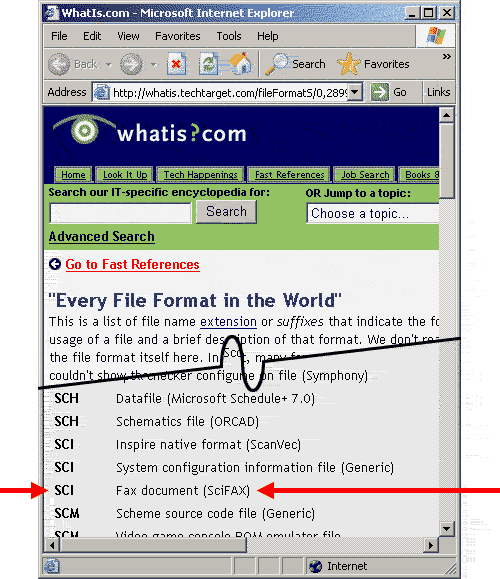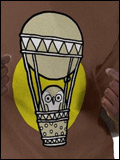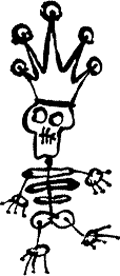The upload is in place… Enjoy!
Anyway, I hate posting such a tiny entry, so I'll quickly write a mini-essay to fill the space (hey, writing is good exercise for my brain). Since we've been talking about companies, and a few people have been saying, “but Shannon, how can you argue for personal freedom but then want to limit the actions of companies?”, I present Emergent Behaviour In Corporate Systems:
Emergent behaviour is the name for the phenomena of "the whole is greater than the sum of its parts." It is the result of the interaction of small simple systems bringing forth complex behaviour (without any of the small systems even being aware of the larger picture). Examples include a collection of neurons forming a conscious brain, swarming and insect behaviour in general, as well as some self-organising networks designed by people.A small company -- a company in its youth -- is owned by one or more people who have direct involvement either personally or by direct proxy via employees. The actions of the corporation at this size, while intended to ensure that corporation's survival, are directly governed by the ethics and human instincts of the directors.
If time goes by, and the company is successful, the ownership shifts to where the company is owned not by people or even people by direct proxy, but to a place where the company is owned by a combination of other companies and shareholders (many of who own the shares anonymously through large portfolios). After enough time, none of the original owners are involved on any level. In addition, the corporation is able to grow large enough that no single individual or even group of individuals has direct involvement in all aspects of the business including consumption of the end product.
At this point, each piece of the company keeps doing its job, but it's grown large enough that each piece does this job without real awareness of what it means on a human level or what the other pieces are doing -- emergent behaviour has brought the company to a point where it is a "headless monster" fighting for its success and survival, but without any human restraints (ie. ethics). These entities fight for survival with more power than most small nations, but with no more "care" for humans than a virus has (and the spread of disease is also a good example of emergent behaviour; highly complex strategies can be exhibited by ridiculously simple creatures).
By protecting the "rights" of these headless monsters, we are not protecting our human rights or freedoms as the government would have you believe. We are making a choice -- we are choosing these constructs, these masterless golems* over humans. They don't value freedom or human life. They don't even "know" what it is.
The point is, a large system can and will act amorally and in direct opposition to the best interests of the public (including the shareholders) even if every small part of that system acts in a moral and responsible manner. But you're probably bored now… Enjoy the update
* I mean that in the Jewish sense of the word, not the Tolkein sense!!!






